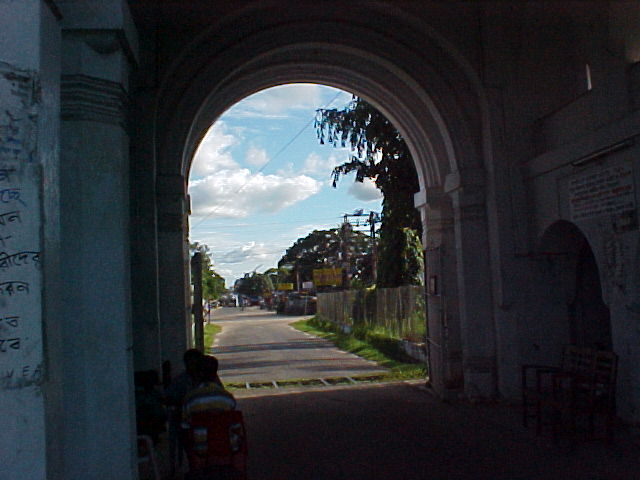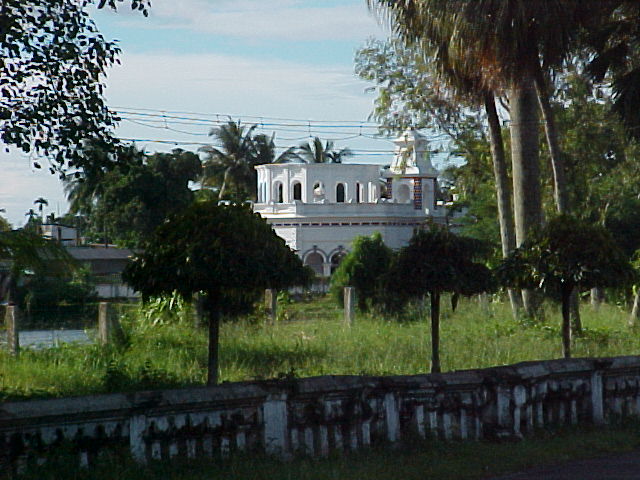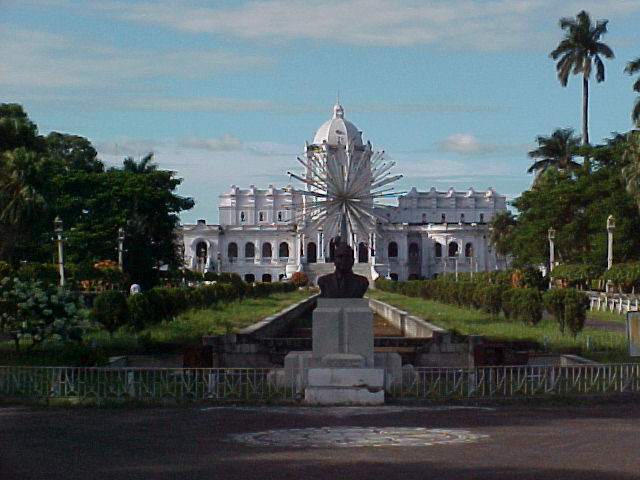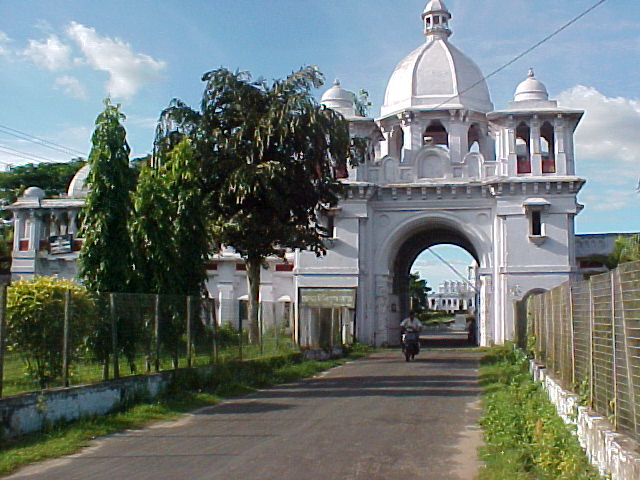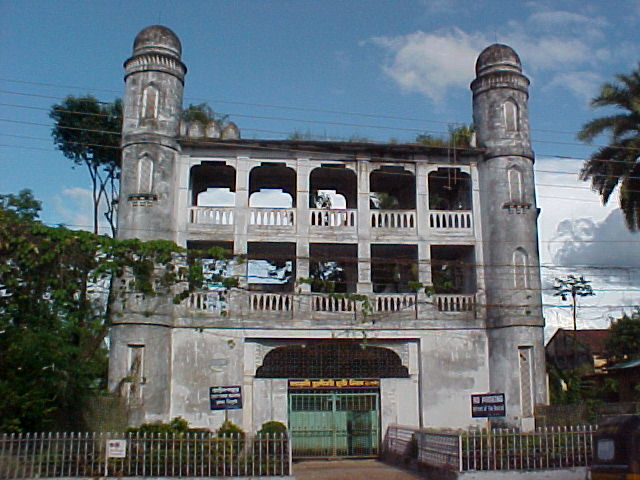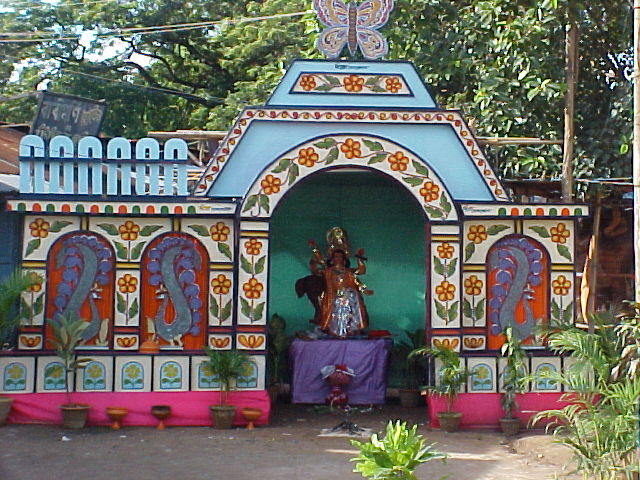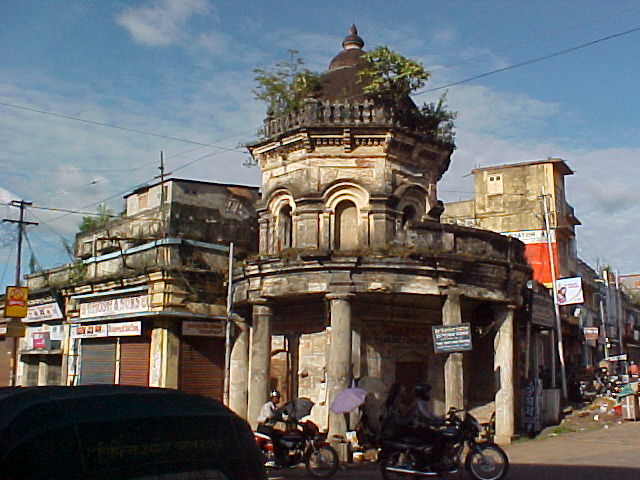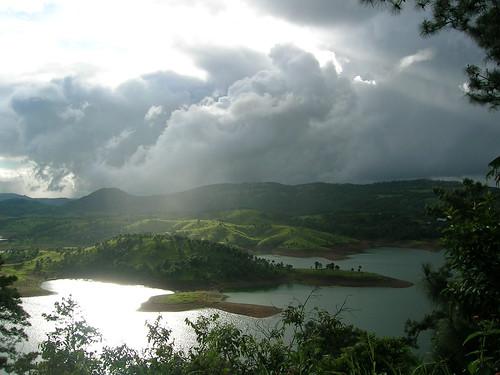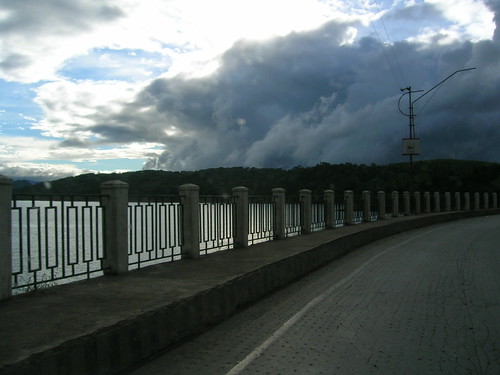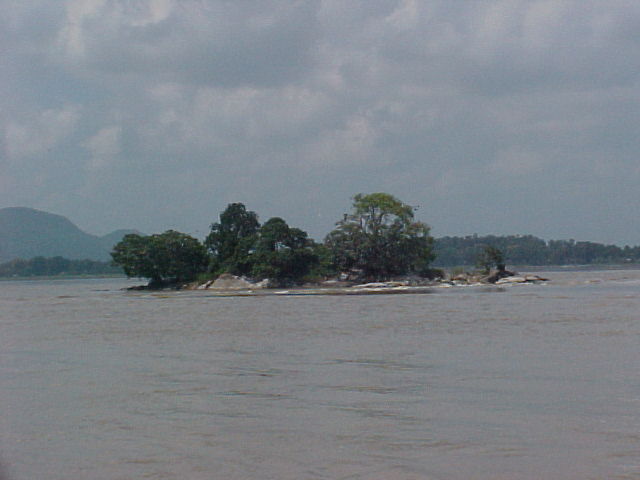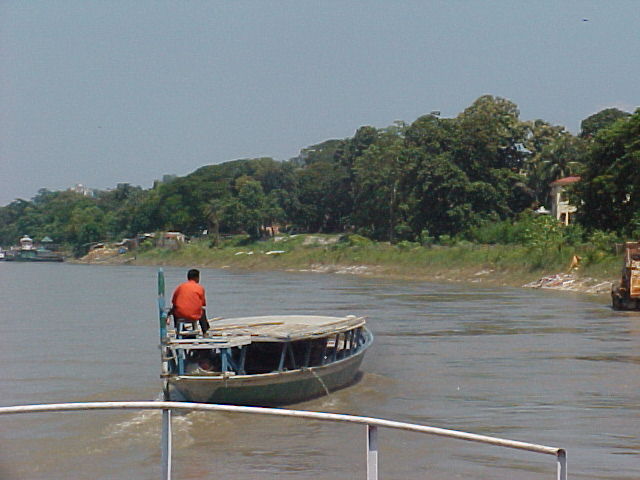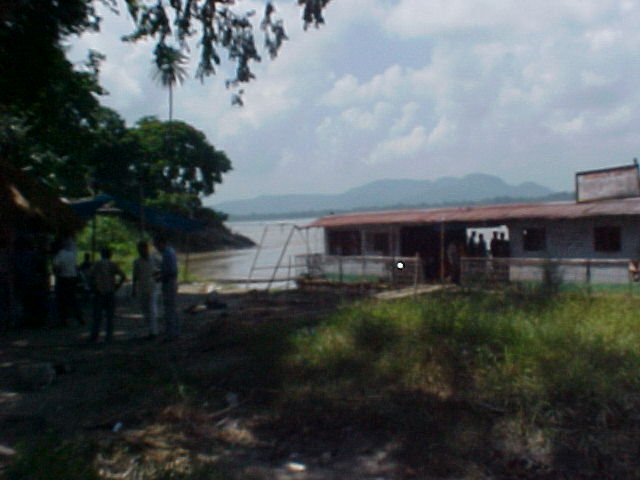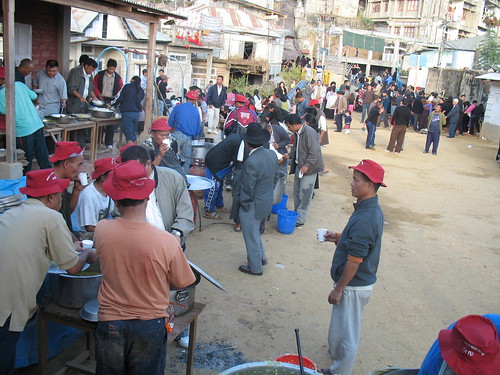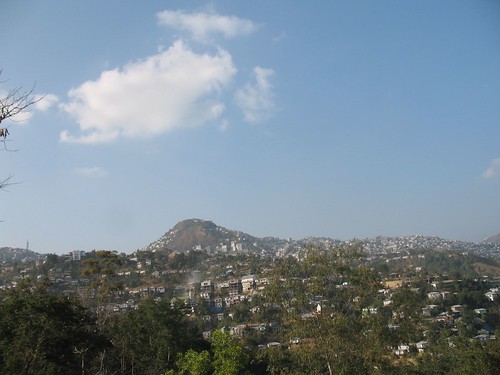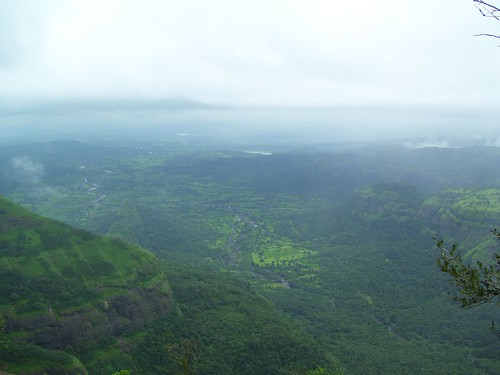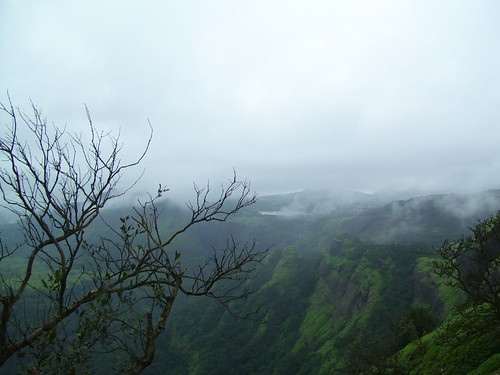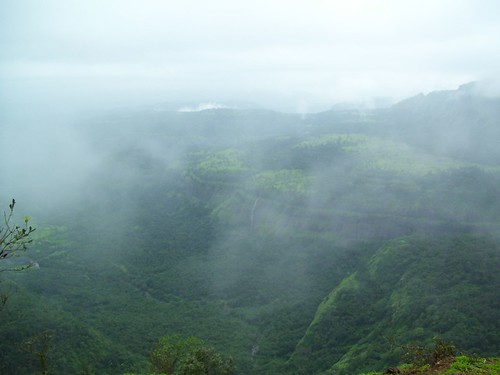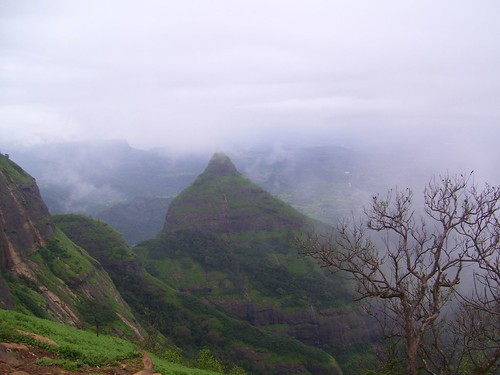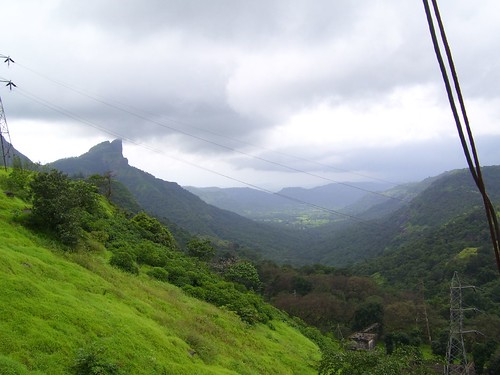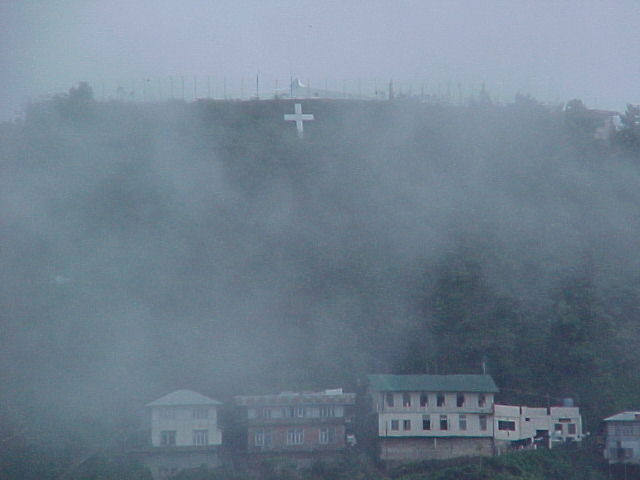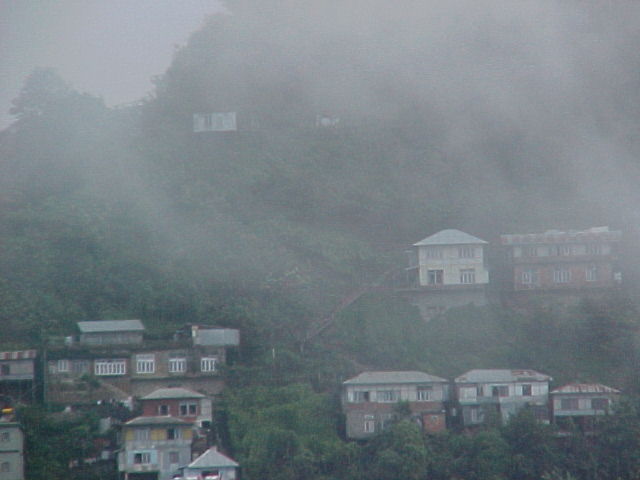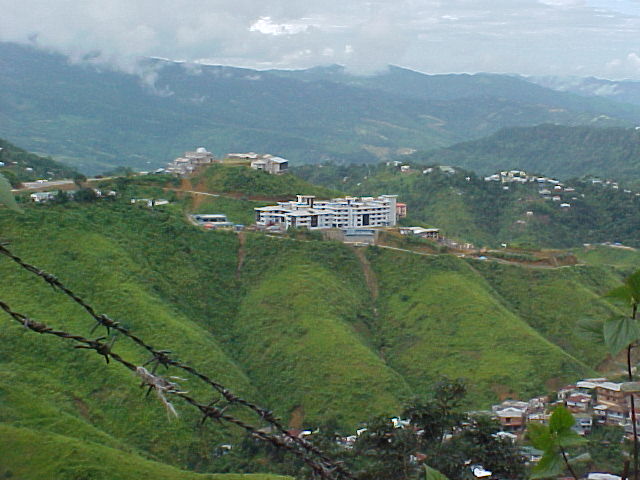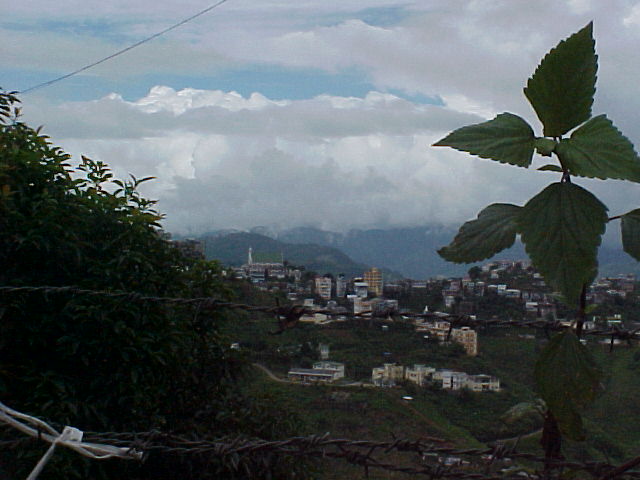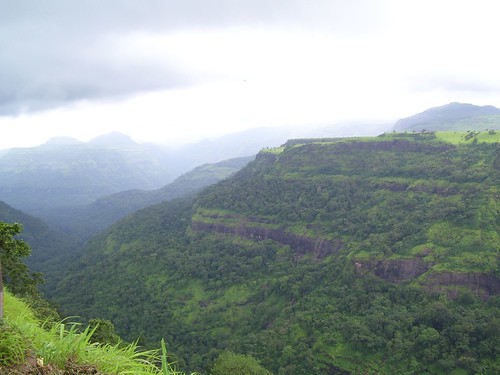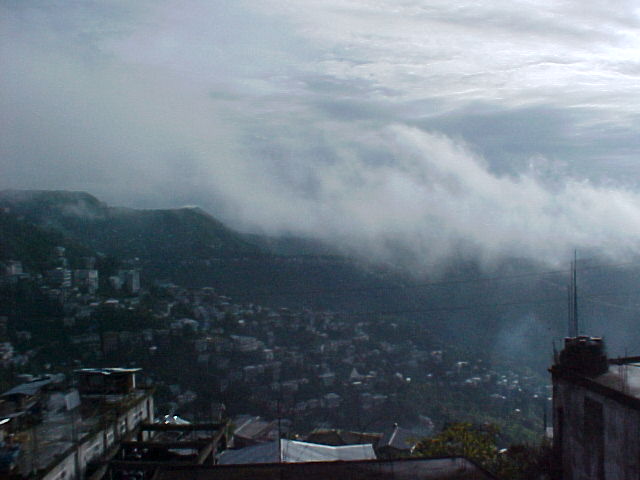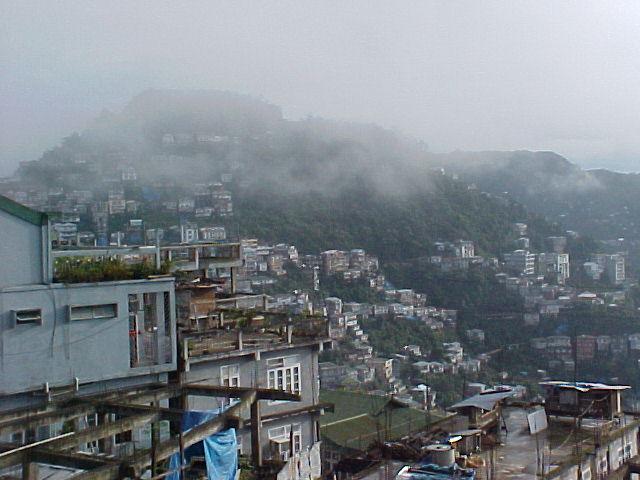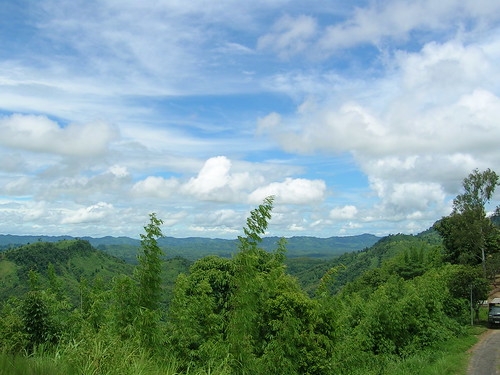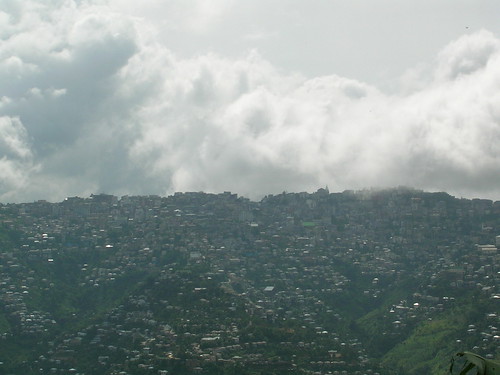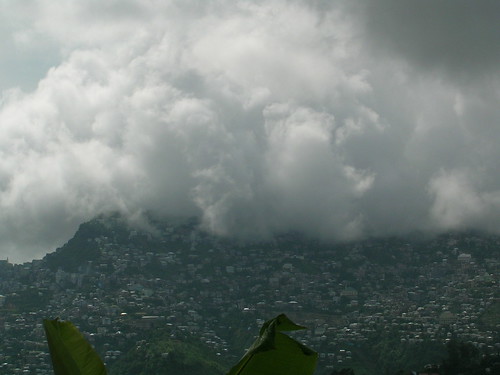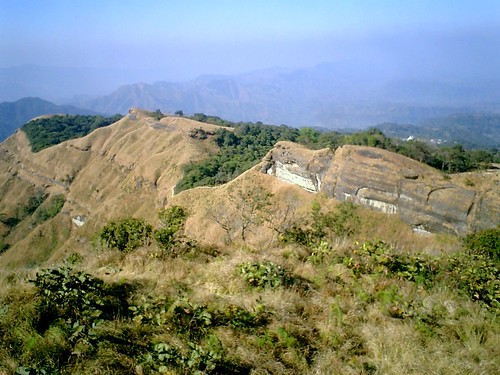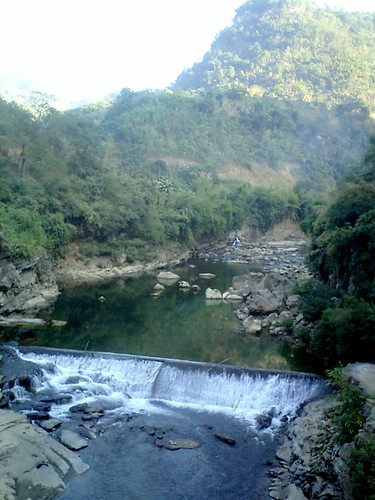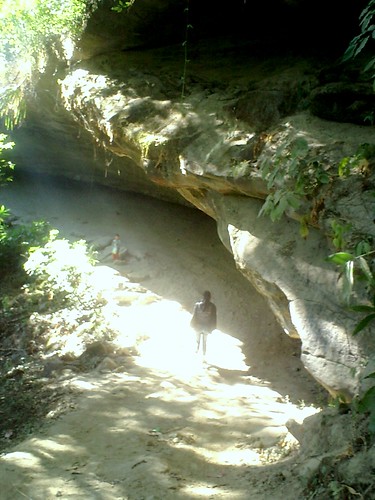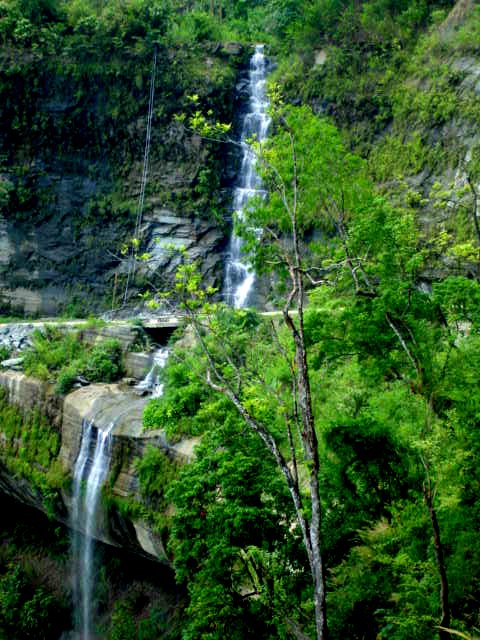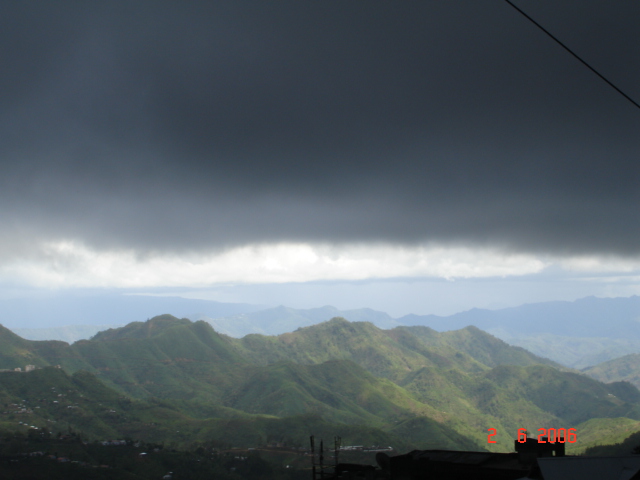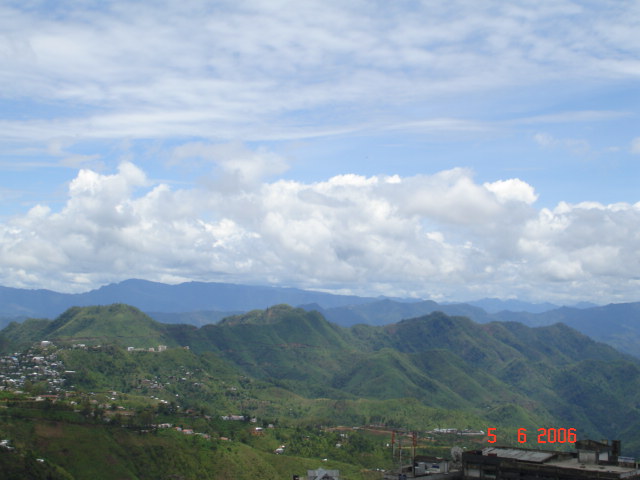NEW DELHI: A parliamentary panel on Thursday put the brakes on bills seeking to accord special status to the Darjeeling hill areas and asked government to take another look before proceeding further, a move that may force the Centre to place the issue - initiated at West Bengal government's behest - on the backburner.
The suggestions of close scrutiny came from Parliament's Standing Committee on Home Affairs which took note of a number of representations made before it both in favour and against the Bills in its nine sittings.
"The committee would like to caution and advise the ministry of home affairs (MHA) to make a fresh assessment of the ground realities all over again before proceeding with the Bills in the two Houses of Parliament," the panel, headed by BJP leader Sushma Swaraj, said in its report presented to Rajya Sabha.
The Bills - Sixth Schedule to the Constitution (Amendment) Bill, 2007, and the Constitution (107th Amendment) Bill, 2007, introduced in the winter session last year - sought to provide sixth schedule status for the Darjeeling Hill areas.
The schedule provides for special status to certain areas in the north-eastern states of Assam, Meghalaya, Mizoram and Tripura in terms of administrative and functional autonomy.
In its 45-page report, the committee observed that if the Bills had been passed immediately after signing the Memorandum of Settlement (MoS) in December 2005, the situation would have been different because Gorkha National Liberation Front (GNLF) leader Subhas Ghising was "the undisputed leader at that time."
But in a clear reference to the current political situation in which Ghising appears to have lost ground, the committee said: "During the last two years, much water has flown down and non-holding of election has added fuel to the fire."
This indicated the erosion of Ghising's support base in favour of his detractor and Gorkha Janmukti Morcha (GJM) chief Bimal Gurung. The panel noted that "diametrically opposite" views had emerged on the Bills.
In the backdrop of GJM demanding immediate ouster of Ghising as the caretaker administrator of the Darjeeling Gorkha Hill Council and scrapping of the sixth schedule Bill, the committee said that an "overwhelming majority" of those who appeared before it had asserted time and again that there would be bloodshed in the region if the Bills were passed.
It was contended before the committee that the spirit of the Constitution was being changed by giving such a status to Darjeeling and a new precedent was being set by extending the schedule to an area beyond the north-eastern region, the report said.
Meanwhile, the West Bengal government has said that there was no move to remove Ghising from the Darjeeling Gorkha Hill Council.
The suggestions of close scrutiny came from Parliament's Standing Committee on Home Affairs which took note of a number of representations made before it both in favour and against the Bills in its nine sittings.
"The committee would like to caution and advise the ministry of home affairs (MHA) to make a fresh assessment of the ground realities all over again before proceeding with the Bills in the two Houses of Parliament," the panel, headed by BJP leader Sushma Swaraj, said in its report presented to Rajya Sabha.
The Bills - Sixth Schedule to the Constitution (Amendment) Bill, 2007, and the Constitution (107th Amendment) Bill, 2007, introduced in the winter session last year - sought to provide sixth schedule status for the Darjeeling Hill areas.
The schedule provides for special status to certain areas in the north-eastern states of Assam, Meghalaya, Mizoram and Tripura in terms of administrative and functional autonomy.
In its 45-page report, the committee observed that if the Bills had been passed immediately after signing the Memorandum of Settlement (MoS) in December 2005, the situation would have been different because Gorkha National Liberation Front (GNLF) leader Subhas Ghising was "the undisputed leader at that time."
But in a clear reference to the current political situation in which Ghising appears to have lost ground, the committee said: "During the last two years, much water has flown down and non-holding of election has added fuel to the fire."
This indicated the erosion of Ghising's support base in favour of his detractor and Gorkha Janmukti Morcha (GJM) chief Bimal Gurung. The panel noted that "diametrically opposite" views had emerged on the Bills.
In the backdrop of GJM demanding immediate ouster of Ghising as the caretaker administrator of the Darjeeling Gorkha Hill Council and scrapping of the sixth schedule Bill, the committee said that an "overwhelming majority" of those who appeared before it had asserted time and again that there would be bloodshed in the region if the Bills were passed.
It was contended before the committee that the spirit of the Constitution was being changed by giving such a status to Darjeeling and a new precedent was being set by extending the schedule to an area beyond the north-eastern region, the report said.
Meanwhile, the West Bengal government has said that there was no move to remove Ghising from the Darjeeling Gorkha Hill Council.


